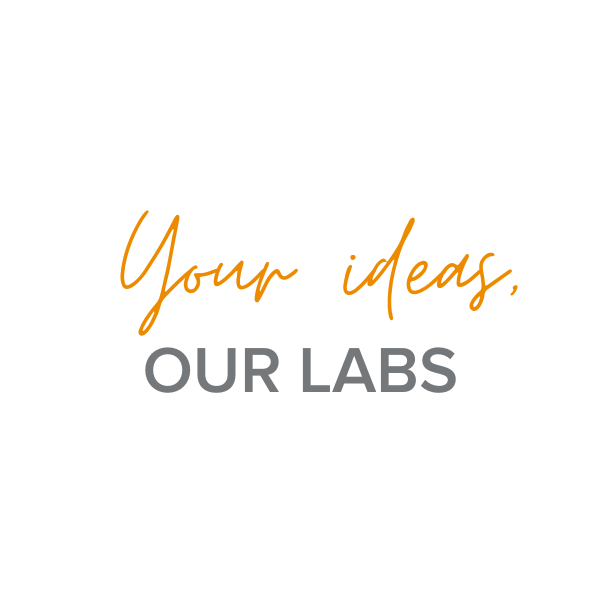Research Partnerships with AGRF
Mark Crowe, National Research Partnerships Manager
AGRF Ltd
Gehrmann Laboratories
Research Rd, University of Queensland
Brisbane QLD 4072
Email: mark.crowe@agrf.org.au
Mobile: +61 447 140 764
Mark is AGRF’s National Research Partnerships Manager, part of the Science and Technology branch of our Innovation and Development team.
The team are constantly engaged in exploring and evaluating new technologies that could benefit our organisation and clients - and we’d love to partner with you.
Wondering how? Read on for a bit about Mark and his role.
What is your role at AGRF?
I am the national research partnerships manager and my role centers on facilitating mutually beneficial research collaborations with academic partners.
What are some ways that AGRF works with the research community?
AGRF has an innovation and development department. We engage closely with researchers to apply novel techniques and platforms to their research that is distinct from standard AGRF services. Given that these projects are using new-to-market technologies, outcomes from these studies have greater potential to produce insights of higher impact.
What can we offer via a partnership with us?
AGRF can provide ~20 years of collective genomics experience through our senior and laboratory operations scientists. Through collaboration with the innovation and development team, AGRF provides researchers with access to state-of-the-art genomics platforms that can support scientific publications and/or serve as preliminary data for research grant applications.
AGRF also routinely partners with researchers on mutually beneficial grant applications that leverage AGRF’s extensive genomics capabilities. Typically, AGRF can provide an in-kind contribution as a partner or associate investigator. AGRF may also support grant applications in other ways based on the grant scheme.
What are some example partnerships?
Some notable examples of successful AGRF collaborative grant applications include:
ARC Industrial Transformation Research Hub grant on supercharging tropical aquaculture through genetics solutions led by Prof. Dean Jerry (James Cook University).
MRFF Genomics Health Futures Mission grant on integrated multimodal precision liquid biopsy to enhance melanoma and NSCLC treatment (IMPLEMENT) led by Prof. Helen Rizos (Macquarie University).
MRFF Frontier Health and Medical Research grant on Phage Australia: Integrating Australian phage biobanking and therapeutic networks and delivering solutions for antimicrobial resistance led by Prof. Jonathan Iredell (University of Sydney).
NHMRC Ideas grant on novel genetic tools for tracking the origins and spread of Plasmodium vivax led by Dr Sarah Auburn (Menzies School of Health Research).
ARC Linkage grant on optimising seed sourcing for effective ecological restoration led by Dr Martin Breed (Flinders University).
ARC Industrial Transformation Training Centres grant on Innovative Wine Production led by Prof. Vladimir Jiranek (University of Adelaide).
CRC on transformations in mining economies led by Prof Guy Boggs (University of Western Australia)
What collaborative innovation and development projects are AGRF’s senior scientists currently working on?
AGRF’s senior scientist are currently working on 11 innovation and development projects with academic and industry collaborators from nine different research organisations, universities, and commercial companies. These projects are distinct from AGRF’s collaborative grant projects. Notable research projects include spatial genomics, single cell genomics, long-read sequencing, and chromatin interaction studies.
What research projects are AGRF’s innovation and development team interested in collaborating on?
AGRF welcomes collaborations using a variety of innovative platforms and applications that can be broadly used by researchers in the future. AGRF is currently focused on developing applications using long-read sequencing, spatial genomics, and single-cell genomics. AGRF is keen to collaborate with researchers from a wide-range of biological fields such as environmental researchers, agri-/aqua-culture researchers, human health researchers, and plant researchers.
What do you like most about working at AGRF?
Working with clever scientists who can enlighten me on novel applications and platforms, and how this can be used to answer fundamental biological questions.






